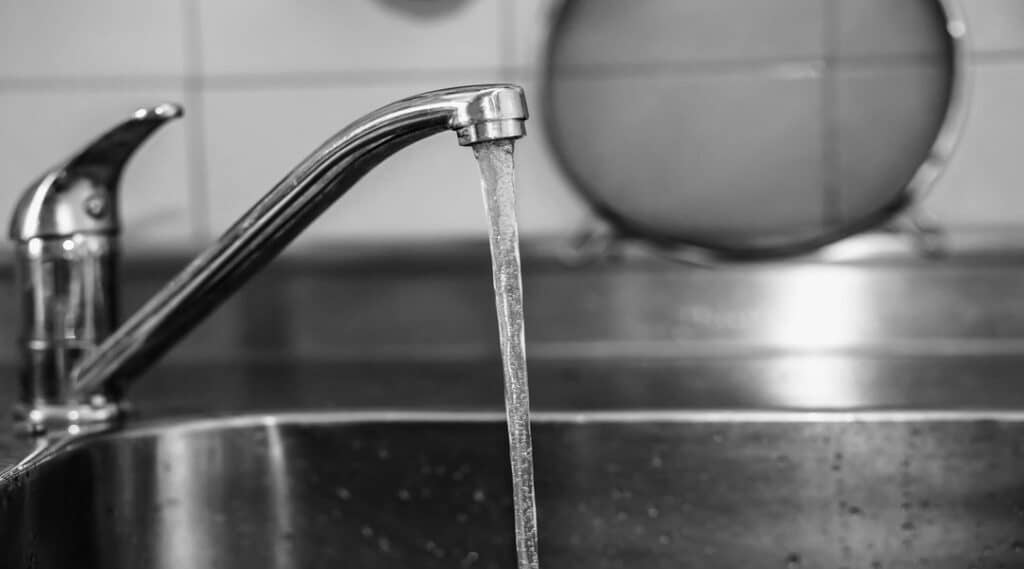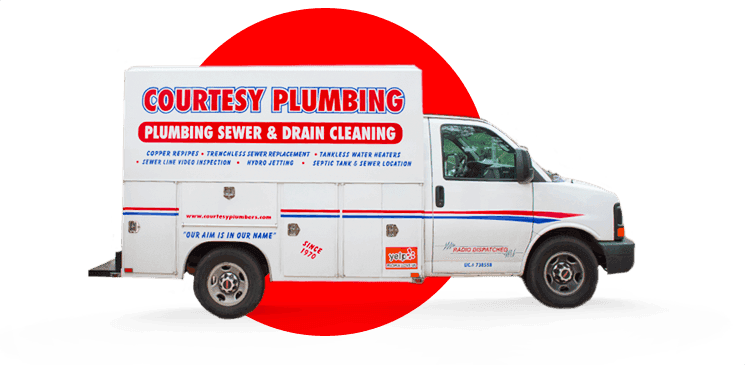Why does your water bill seem like it’s suddenly soaring? A few culprits could be behind this unwelcome surprise. In West Covina, CA, homeowners often find that leaky pipes and unseen water leaks contribute significantly to their rising bills.
Besides, not all fixtures in your home might be as water-efficient as you think, causing unnecessary expenditures. Furthermore, have you ever considered how seasonal changes affect your water usage? As temperatures rise or fall, so do our consumption patterns.
And thus our bills can too. For those grappling with these issues, a skilled plumber in West Covina CA may just have the solutions needed to stem the flow of high costs right at its source.
Leaky Pipes Mean Higher Bills
When you notice your water bill climbing, one often overlooked reason could be lurking in the pipes of your home. Leaky pipes are notorious for driving up costs without making themselves known through visible means. Unlike a dripping faucet that grabs attention with each drop, pipe leaks can hide behind walls or under floors, silently contributing to an escalating bill.
Pay heed to signs like unexplained mold growth on bathroom or kitchen surfaces, cracks forming in foundations, persistent musty odors indicating moisture build-up within spaces where it doesn’t belong, and unsightly water marks betraying leakage above or beneath.
Conduct a simple test: Turn off all household water activities and observe if the meter continues ticking over. This likely signals a hidden leak worth investigating further. Even durable materials aren’t immune; copper piping may succumb to pinhole leaks caused by internal corrosion over time, starting minuscule but inevitably expanding, thereby permitting greater volumes of wastage.
For substantial issues such as these, a professional touch might be required not only for plumbing repair but also for potential structural restoration. This could include drywall refurbishment and significant renovations, with items secured away temporarily via storage solutions while repairs unfold. Conserving water through mindful habits like shorter showers, using full loads for dishwashers and washers, and avoiding unnecessary taps can lead to significant savings and sustainable usage.
Hidden Water Leaks in Your Home
Hidden water leaks can sneakily increase your water bill. A running toilet might not seem like a big deal, but it wastes tons of water. Think about switching to an ultra-low-volume flush model; this small change could save you loads on your bills.
If you hear weird noises from the toilet or see cracks, get it checked out pronto. Faucets that drip are another culprit. Sometimes, fixing them is as simple as replacing a worn-out washer or cartridge.
But if things look corroded or beyond DIY repair, replacing the faucet with something more durable and efficient is wise. Remember those spots under the sink that always seem damp? They’re likely signaling leaks in either supply connections or drain parts.
And don’t forget appliances like washing machines and dishwashers; even minor leaks here can lead to major headaches down the line. If spotting moisture around your hot water heater base ring alarm bells.
It may need attention for potential leakage issues too. In case of doubt, calling a plumber ensures peace of mind and prevents further damage by addressing hidden threats efficiently.
Efficient Fixtures Can Reduce Costs
Installing efficient fixtures can significantly lower your water bill. The average monthly cost for water in the U.S. Cities has risen from $32 to about $49 due to inflation and necessary updates on aging infrastructure.
Investing in low-flow showerheads, toilets, and high-efficiency appliances reduces household water use by at least 20 percent, according to reports. With bathrooms being major indoor water users, updating them makes a big impact. Quality modern toilets need just over a gallon per flush compared with older models that use several gallons more.
For additional savings, consider optimizing kitchens and laundry rooms with energy-efficient machines that require less water. Always running full loads helps, too.



